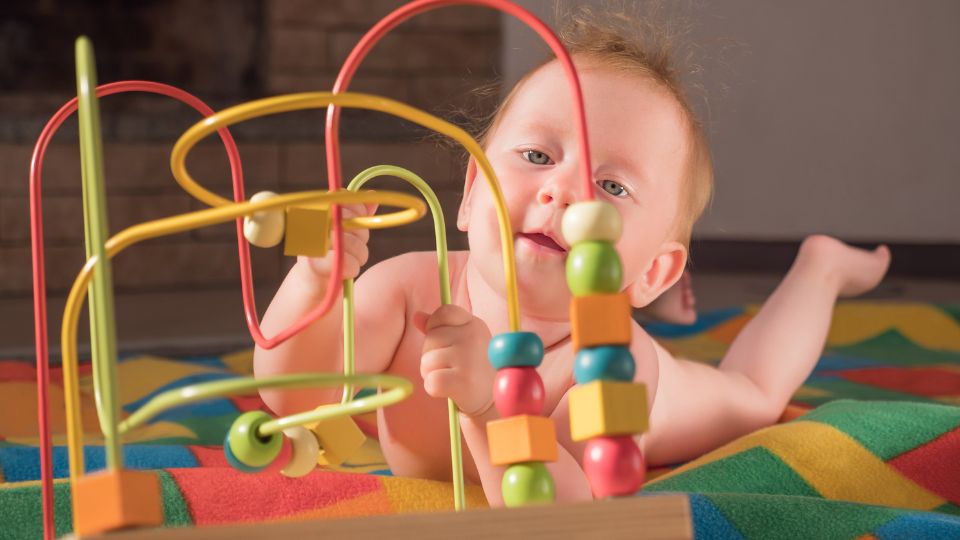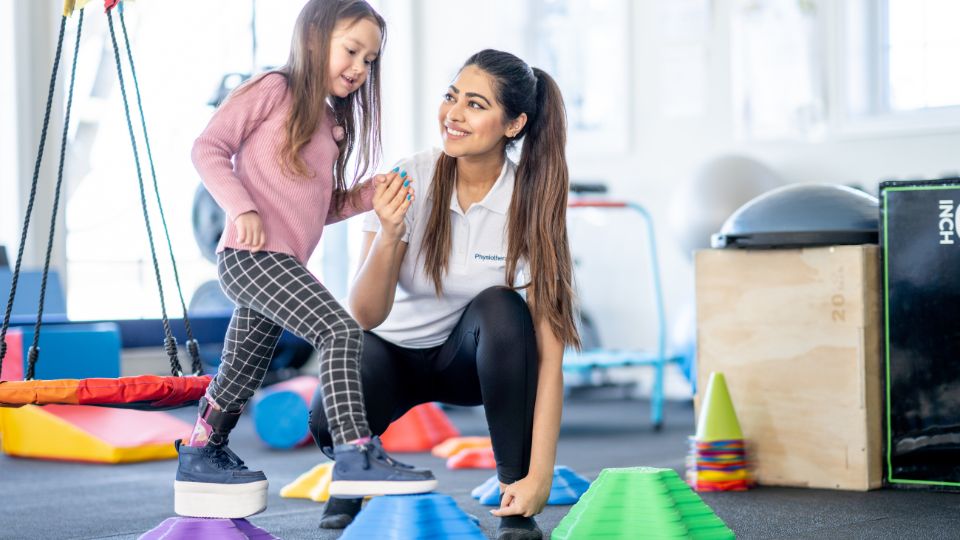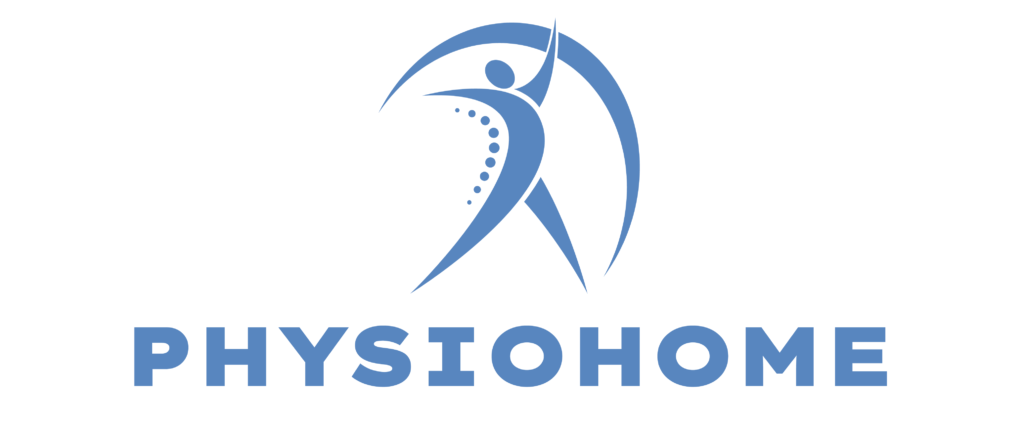Pediatric mobility and motor skills development are pivotal aspects of a child’s growth and independence. From crawling and walking to more complex movements involved in sports and daily activities, these skills form the foundation for physical, cognitive, and social development. For children facing challenges in these areas, therapy plays a crucial role in not just improving their mobility but also in fostering overall well-being and quality of life.
Understanding Pediatric Mobility and Motor Skills:

Pediatric mobility encompasses a child’s ability to move independently, ranging from basic activities like rolling over and sitting up to more advanced skills such as walking, running, and climbing. Motor skills, on the other hand, involve the coordination of muscles and nerves to perform specific movements effectively. These skills include fine motor skills (such as grasping objects and writing) and gross motor skills (like jumping and balancing).
Challenges Faced by Children:
Children may face various challenges that affect their mobility and motor skills development. These challenges can stem from conditions such as cerebral palsy, muscular dystrophy, developmental delays, or injuries. Each child’s journey is unique, requiring tailored interventions to address specific needs and maximize their potential.
The Role of Therapy:
Therapy plays a pivotal role in enhancing pediatric mobility and motor skills through specialized interventions and targeted approaches:
Physical Therapy (PT):
Physical therapists focus on improving a child’s strength, flexibility, balance, and coordination through structured exercises and activities. They create personalized treatment plans that address specific mobility challenges, aiming to enhance functional abilities and promote independence. PT sessions may include exercises to strengthen core muscles, improve joint flexibility, and practice movements crucial for daily activities.
Occupational Therapy (OT):
Occupational therapists work with children to develop the fine motor skills needed for tasks such as writing, drawing, and manipulating objects. They also address activities of daily living (ADLs), such as dressing and feeding, to promote independence and enhance quality of life. OT interventions may involve sensory integration techniques, adaptive equipment, and strategies to improve motor planning and organization.
Speech Therapy:
While primarily focused on communication, speech therapy also addresses oral motor skills essential for eating, drinking, and swallowing. Children with conditions affecting muscle tone or coordination in the face and mouth may benefit from speech therapy to improve these functions, thereby supporting overall mobility and independence.
Aquatic Therapy:
Aquatic therapy harnesses the buoyancy of water to facilitate movement and exercise for children with mobility challenges. The water’s resistance helps strengthen muscles and improve cardiovascular fitness while reducing stress on joints. This therapeutic approach can enhance mobility, endurance, and motor skills in a safe and supportive environment.
Benefits of Therapy:

Improved Mobility: Therapy helps children gain strength, flexibility, and coordination, enabling them to participate more fully in activities at home, school, and in the community.
Enhanced Independence: By targeting specific mobility and motor skill challenges, therapy empowers children to perform tasks independently, boosting their self-confidence and self-esteem.
Support for Families: Therapy provides families with resources, education, and strategies to support their child’s development and navigate daily challenges effectively.
Looking Ahead:
Advances in therapy techniques, technology, and understanding of child development continue to broaden opportunities for enhancing pediatric mobility and motor skills. By investing in early intervention and comprehensive therapy programs, healthcare providers, educators, and families can collaborate to maximize each child’s potential.
Conclusion:
The role of therapy in enhancing pediatric mobility and motor skills is indispensable in nurturing children’s physical abilities, promoting independence, and improving overall quality of life. Through dedicated therapy interventions tailored to individual needs, children can overcome challenges, achieve developmental milestones, and embrace a future filled with possibilities.
Empowering children through therapy is not just about movement; it’s about unlocking their potential and ensuring they thrive in all aspects of life. Let’s continue to prioritize and invest in therapies that make a profound difference in the lives of children and their families.
Contact us today at PhysioHome, located in Ras Al Khaimah, United Arab Emirates, to explore how our specialized therapy programs can support your child’s journey towards enhanced mobility, motor skills development, and a brighter future. Whether it’s physical therapy, occupational therapy, or specialized interventions, we are committed to empowering every child to reach their fullest potential.
Let’s work together to empower your child through effective therapy interventions that pave the way for a life of independence, confidence, and joy. Contact Physio Home today to take the first step towards a transformative journey for your child.

